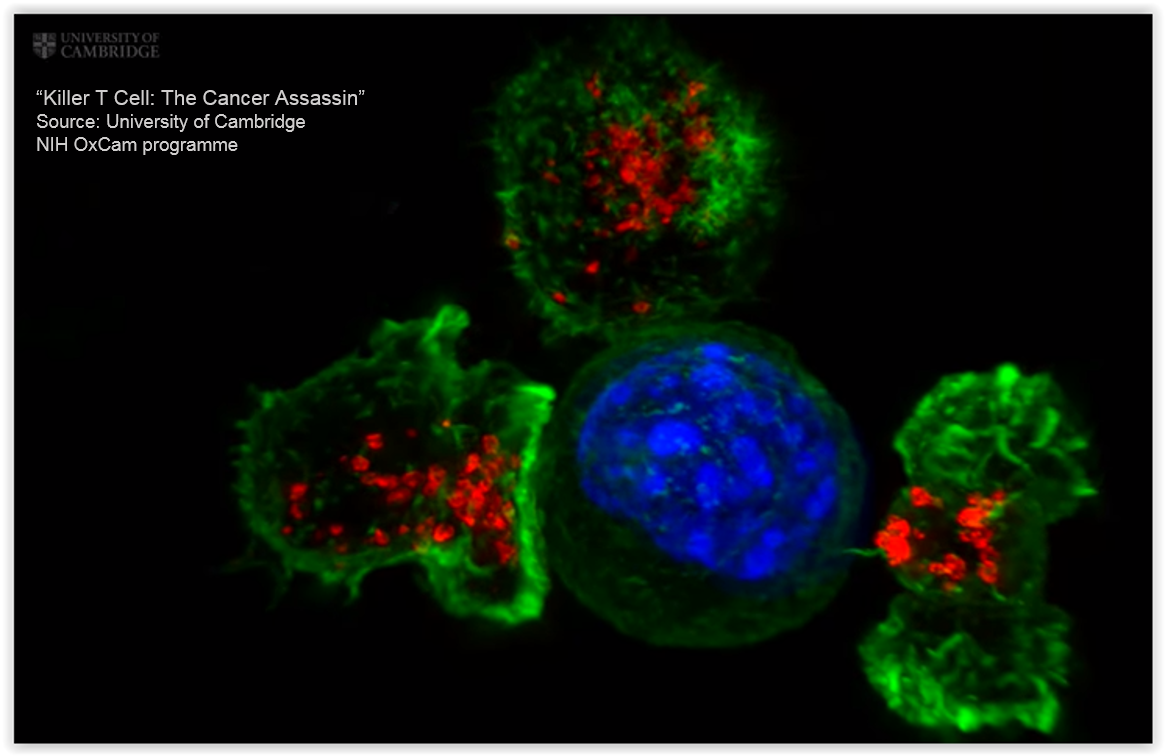There are approximately 600 proteases encoded by the human genome; countless others are produced by other animals, plants, bacteria, viruses, and yeast.
As proteases are involved in all kind of cell biological processes and play a role in a huge number of diseases, protease inhibitors are commonly used tools in essentially every Life Science laboratory.
What are the fields of applications for protease inhibitors?
Often protease inhibitors are used as simple tools to protect proteins from proteolytical degradation during protein purification or cell/tissue extract preparation. These can be standalone inhibitors or mixtures. Members of this group of nonspecific inhibitors (Leupeptin, Pepstatin A, etc.) are combined to target all protease categories: aspartic, serine, cysteine, threonine, thermolysin-like proteases, metalloproteases, and aminopeptidases.
Other researchers use protease inhibitors rather as probes, pharmacological tools, and for pathway analysis, benchmarking, and proof-of-concept studies. As already mentioned, proteases are involved in a plethora of diseases.
Here, I’ll list just a few examples:
- Cancer — Proteasome, MMPs, Caspases, Furin
- Neurological Diseases (Alzheimer’s, Parkinson’s, Ischemia, CNS Injury) — ADAM10, BACE, Gamma-secretase, BACE, MMP-24
- Inflammation (Arthritis, COPD, Asthma, Emphysema, Crohn’s Disease, Inflammatory Bowel Disease, Colitis, Diverticulitis, Chronic Liver Disease) — MMPs, Cathepsins, Neutrophil elastase,TACE/ADAM17
- Coagulation — Thrombin, Factor Xa
- Diabetes — DPP-4/DPPIV
- Cardiovascular Disease (Atherosclerosis, Hypertension, Cardiomyopathy, Congestive Heart Failure, Myocardial Infarction, Neovascularization and Cardiac Remodeling, Cardiac Fibrosis,
Aneurism, Ischemia-reperfusion Injury) — ACE, Renin, MMPs, Chymase, Neprilysin, Calpain - Osteoporosis — Cathepsin K
- Infectious Disease (Parasitic, Viral, Bacterial; Periodontal Disease) — HCV NS3/4A protease, Bacterial serine proteases, Bacterial collagenase, Trypanosome cathepsins
- Autoimmune Diseases (Multiple Sclerosis, Lupus, Guillain-Barre Syndrome, Psoriasis) — Activated protein C, Kallikreins
- Ageing (Skin) — MMPs, Neutrophil elastase

Argatroban – thrombin inhibitor anticoagulant drug (Focus Biomolecules ref. 10-2809-10mg)
And finally a number of protease inhibitors are already used as drugs, for instance Thrombin and Factor Xa inhibitors for coagulation (e.g. Pradaxa, Xarelto), Angiotensin Converting Enzyme (ACE) inhibitors for hypertension (e.g. Lisinopril), HIV protease inhibitors for AIDS (e.g. Viracept), DPP-4 inhibitors for diabetes (e.g. Januvia), and Proteasome inhibitors for cancer (e.g. Velcade).
A wide variety of protease inhibitors from a single source
Focus Biomolecules offers a broad portfolio of protease inhibitors which cover all 3 main application fields mentioned above. All the inhibitors are available through tebu-bio in Europe.
To get a quick overview about price-attractive inhibitors commonly used for the protection of protein degradation, take a look at this list of commodity protease inhibitors.
To get an overview of a complete protease inhibitor offer, browse this List of Protease Inhibitors by Focus Biomolecules, in which you’ll also find information on which protease/protease class is inhibited by each compound.
If you are interested in more information or in a library of protease inhibitors, get in touch with me through the form below. If you’re having trouble finding your inhibitor of interest, I’ll be pleased to help.
Thanks to our colleagues at Focus Biomolecules who provided information for this post!
Also of interest… until March 31st, 2016 there is an offer of 10% discount for all protease inhibitors specified in the list above.




One Response
I would appreciate if you could recommend an appropriate protease inhibitor. We are interested in analyzing prostate specific antigen (PSA), which is a serin-protease in urine.
Also, in different set of experiments we like to analyze alfa 1-acid glycoprotein (orosomucoid) in urine.
What would be the most convenient proteease inhibitors (or cocktails) for not disturbing the proteins of interest.
Thanks.